War
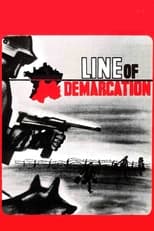
Line of Demarcation
May 25, 1966
It is based on upon the memoir Mémoires d'un agent secret de la France libre et La Ligne de démarcation by Gilbert Renault under his pseudonym Colonel Rémy. A small village in the Jura is split by the river Loue which creates the line of demarcation between Nazi occupied France and freedom. A French officer, Pierre, is released by the Nazi soldiers to find his chateau converted into a German command centre. Whilst he is obliged to co-operate with the enemy, his wife Mary supports the resistance movement and is willing to risk her life for it. The Nazis step up their activity against the resistance, insisting that any who attempt to cross the line of demarcation will be shot. When his wife is arrested, Pierre decides to switch his allegiance.
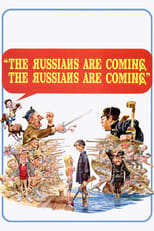
The Russians Are Coming! The Russians Are Coming!
May 25, 1966
When a Soviet submarine gets stuck on a sandbar off the coast of a New England island, its commander orders his second-in-command, Lieutenant Rozanov, to get them moving again before there is an international incident. Rozanov seeks assistance from the island locals, including the police chief and a vacationing television writer, while trying to allay their fears of a Communist invasion by claiming he and his crew are Norwegian sailors.
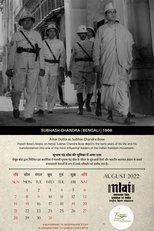
Subhash Chandra
May 23, 1966
Based on the life of the legendary figure of Indian freedom movement Netaji Subhash Chandra Bose, this Bengali classic narrates the life of young Subhash Chandra, his childhood, college days, passing ICS, early political campaigns and police arrest. Master Ashish Ghosh and Amar Dutta played the role of Child Subhash and Subhash Chandra respectively.
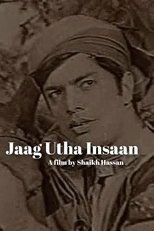
Jaag Utha Insaan
May 20, 1966
A Pakistani Classic movie about freedom fighters, starring Muhammad Ali, Waheed Murad, Firdous, and Zeba.
Nazajutrz po wojnie
May 10, 1966
On the last day of the war, a Polish soldier whose family was murdered meets his German enemy.
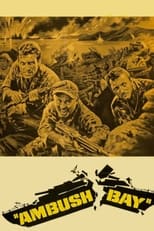
Ambush Bay
May 10, 1966
A Marine unit on a Japanese-held island in the Philippines tries to hook up with local Filipino guerrillas.

Long March
May 31, 1966
In June 1944, a young doctor, Chevalier, under the threat of guns, is forced to treat a wounded man in a camp of resistance fighters (maquisards). He recognizes the man, minister of the Third Republic, called Morel by his companions. Carnot, the chief of the maquisards, is suspicious of a doctor who expressly disapproves of the resistance and wants to have him shot as soon as he has treated Morel. Philippe, who is second in command, intervenes in favor of the Chevalier. Meanwhile, peasants denounce the maquisards to the Nazis and the camp is surrounded by the Germans. The camp is saved thanks to Philippe who takes command of the group. He decides to leave the shelter and they begin the long march through the Cévennes to rally maquisard Napoleon in the Vercors...

The Threatening Sky
September 5, 1966
Pro-Vietnamese film created by Dutch filmmaker Joris Ivens. This black and white film begins with an introduction by Bertrand Russell, who explains the history of the run-up to the American involvement in Vietnam. The film shows scenes of Vietnamese soldiers in trenches, American helicopters, agricultural workers, and children assembling anti-aircraft shells. A narrator speaks of the American invasion as being on par with the Germans during World War II and characterizes the Vietnamese as resistance fighters. Anti-American protests are shown. Ivens is shown interviewing Ho Chi Minh. Vietnamese villagers build dams for rice paddies, make traps using bamboo spikes, and take cover during air raids. Scenes include the headquarters of the National Liberation Front, a military execution, bombings, and villagers fighting back against US aggression.

Lost Command
May 1, 1966
After being freed from a Vietnamese war prison, French Lt. Col. Pierre Raspeguy is sent to help quell resistance forces in Algeria. With the help of the Capt. Esclavier, who has grown weary of war, and Capt. Boisfeuras, who lives for it, Raspeguy attempts to convert a rugged band of soldiers into a formidable fighting unit, with the promise of marrying a beautiful countess if he's made a general.

Eagles Fly Early
April 30, 1966
A group of kids from the Bosnian village often run away from school from the terror of Pepper, a teacher who got his nickname because of his red nose. Soon they formed a brigand division, but have been discovered and caught. The sudden arrival of year 1941 turns their game into reality.
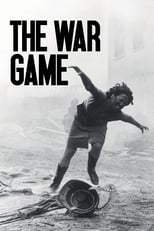
The War Game
April 13, 1966
A docudrama depicting a hypothetical nuclear attack on Britain. After backing the film's development, the BBC refused to air it, publicly stating "the effect of the film has been judged by the BBC to be too horrifying for the medium of broadcasting." It debuted in theaters in 1966 and went on to great acclaim, but remained unseen on British television until 1985.
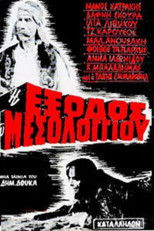
The Exodus of Messolongi
April 11, 1966
The last days of the historic siege of Messolonghi. The film depicts the whole situation that prevailed in the city after the Turkish siege for many months, and tells the courageous effort of its defenders who are attempting a heroic and desperate exodus.

Cast a Giant Shadow
March 30, 1966
An American Army officer is recruited by the yet to exist Israel to help them form an army. He is disturbed by this sudden appeal to his Jewish heritage. Each of Israel's Arab neighbors has vowed to invade the poorly prepared country as soon as partition is granted. He is made commander of the Israeli forces just before the war begins.
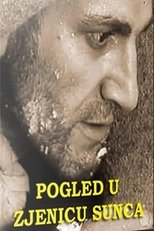
Looking Into the Eyes of the Sun
March 28, 1966
Four partisans in the mountains and suffering from typhus are slowly destroyed.

We'll Go to the City
March 17, 1966
"Andremo in città" (We'll Go to the City) is a 1966 Italian drama film directed by Nelo Risi. It is based on the novel of the same name by Edith Bruck, Risi's wife. Bruck, a Hungarian concentration camp-survivor, settled in Italy after the Second World War and wrote about her experiences in autobiographical and fictional formats.[1] The film stars Geraldine Chaplin and Nino Castelnuovo.
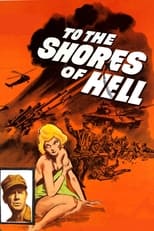
To the Shores of Hell
March 15, 1966
A Marine officer leads a rescue mission through the Vietnamese jungle to rescue his brother, a doctor who has been taken prisoner by the Viet Cong.
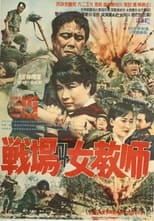
Battlefield and a Female Teacher
March 5, 1966
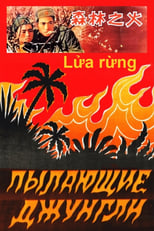
Lửa Rừng
March 1, 1966
Mid-1960s in North Vietnam, in an area near the border with Laos. It tells the story of Vietnamese patriots fighting for their country's independence. The Americans land troops in the border area where the Mao people live. Among the paratroopers were people from those areas who had once left their homeland and gone with the French troops. The aggressors wanted to use provocations to win over most of the local population and, with their help, capture the border areas. But they miscalculated. The local population helped the border guards capture the paratroopers.
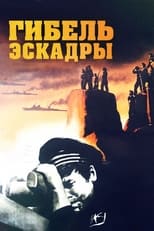
Death of the Squadron
February 21, 1966
Summer 1918. There is a danger of ships being captured by Germany in the Black Sea Fleet. The Soviet government decides to destroy the fleet. The film tells about the intense struggle of the Bolsheviks against the forces of counterrevolution trying to disrupt the execution of the order.
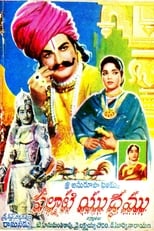
Palnati Yudham
February 18, 1966
When the minister of Palnadu opens the temple doors for all the castes in the kingdom, disputes arises in the kingdom leading to war.